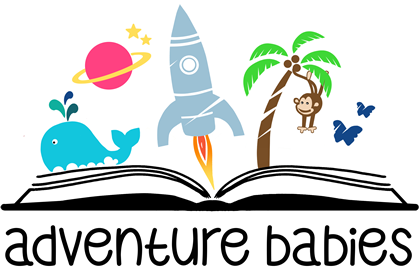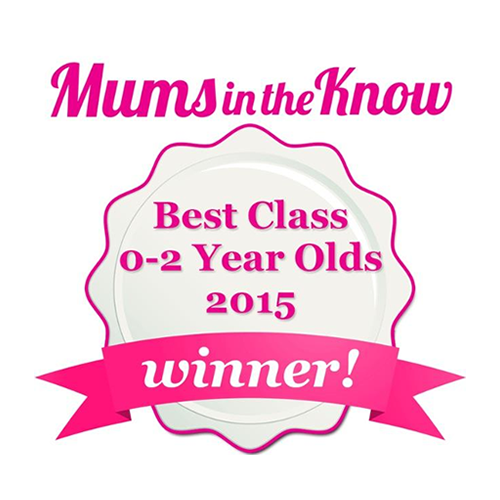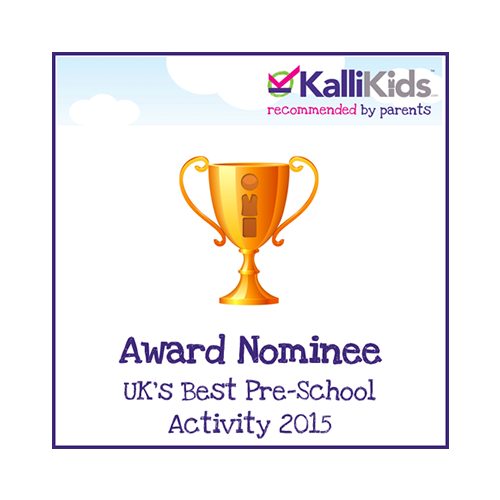📚 How to Read to Your Baby (Without Feeling Silly) If you’ve ever Googled how to read to your baby at 2am while clutching “The Very Hungry Caterpillar” and wondering if your tiny human even notices, you’re not alone. Reading to a baby under one can feel… well, slightly ridiculous at first. They chew the […]
Baby Social Development: How Early Friendships Begin When you think about baby social development, you probably imagine toddlers sharing toys at playgroup (or, let’s be honest, refusing to). But the truth is, social skills start much earlier — even before your baby can sit up. From those first smiles to copying other babies’ babbles, your […]
What Maternity Leave Is Really Like (Spoiler: Not a Holiday) So, you’ve circled that date in your diary. Maternity leave. You’ve probably imagined it at least once: leisurely coffees, catching up on Netflix, maybe even taking up knitting. In reality? Well… let’s just say that what maternity leave is really like may not match the […]
The Truth No One Told You Before You Became a Parent If you’re a new parent, you’ve probably typed it into Google at least once: Are baby classes worth it? You picture singing “Twinkle Twinkle” with a dozen strangers or waving a scarf while your baby stares blankly, and you’re not convinced. And yes — […]
Fun Ways to Support Your Baby’s Development at Home. If you’ve got a baby between 0–12 months, you’ve probably googled at 3 a.m., “Fun ways to support your baby’s development at home.” (Right after googling “how to get poo out of a white babygrow.”) The good news? You don’t need a PhD in neuroscience or […]
Supporting Baby Development in Everyday Moments: A New Parent’s Guide When you have a baby, every day feels like a mix of tiny miracles, endless laundry, and a low-level buzz of “Am I doing this right?” The truth is, you are. Supporting baby development in everyday moments isn’t about doing more — it’s about noticing […]
Is My Baby Normal? (And Other Things We All Google at 2am) Spoiler: probably yes. Let’s just be honest—normal baby development is a minefield. One minute your baby is a motionless burrito and the next, they’re rolling across the floor like an Olympic gymnast with no sense of self-preservation. And in between? A lot of […]
Safe, Stimulating & Soothing: How to Set Up a Baby Play Area That Actually Works If you’ve ever laid out a beautiful blanket, propped up a few toys, and turned your back for three seconds only to find your baby chewing the tag on a cushion—welcome. You’re in the right place. Figuring out how to […]
Could You Run Your Own Baby Class Business? Here’s Why It Might Be the Best Move You Ever Make Have you ever sat in a baby class, looked around and thought—I’d love to do this… but with my own twist? Maybe you’ve daydreamed about a career that fits around your family life, lets you be […]






